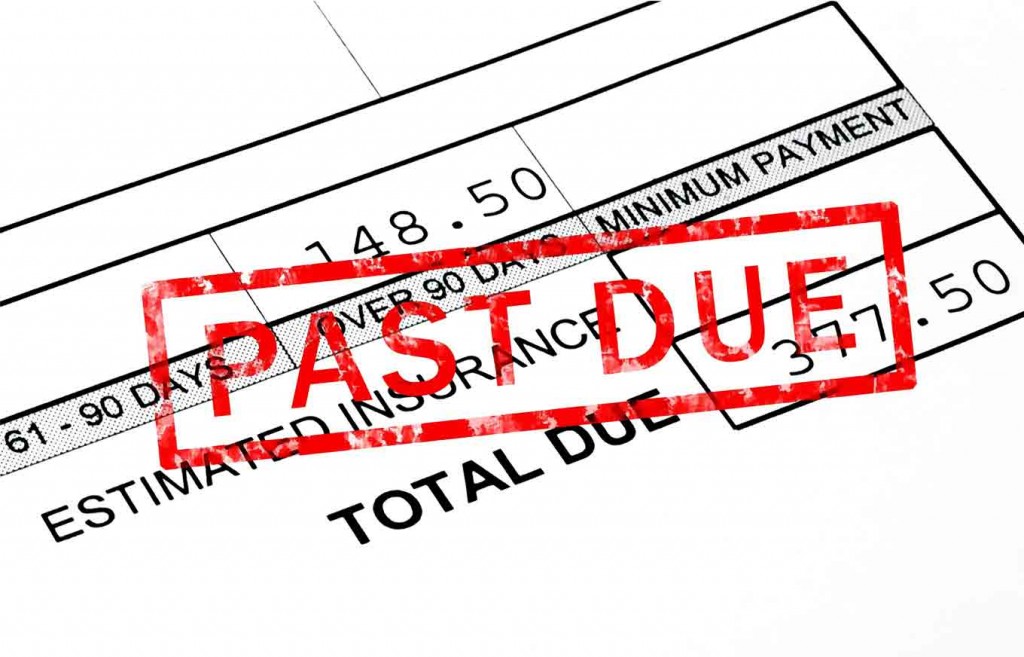
So, you have obtained a judgment against a debtor and now you wish to enforce it in the District Court or you have had a judgment given against you for a debt and you are confused as to what happens next.
It is important to understand that there is no limit on the jurisdiction of the District Court when it comes to enforcement of a Judgment so Judgment/Decree obtained in the District Court, Circuit Court or High Court can be enforced through the District Court procedures.
What happens next? How is the judgment enforced?
Serve the Defendant
A Judgment or Decree is simply a statement of the amount owing but it is no of itself an order to pay or an execution order.
So the first step after obtaining judgment is to serve it on the Defendant.
Register the Judgment
The Judgment can be registered in the Central Office of the High Court and published in trade gazettes such as Stubbs. Sometimes the threat of publication of a judgment can encourage a debtor to attempt to come to some arrangement.
Examination of the Debtor as to Means
Examination of the debtor is a procedure where the Debtor can be summoned to the District or High Court to be examined as to his/her assets and property. It is worth noting that the examination procedure cannot be carried out against companies, only natural persons.
For examination to take place a Sheriff will have to have returned “no goods” or “nulla bona” on the execution order or you as creditor will have to swear an affidavit that you believe the Debtor has no goods.
The solicitor for the creditor will issue a summons for the attendance of the debtor and if served by hand must be served at least 14 days before the Court date; if served by registered post it must be served 21 days before the hearing date.
The summons will have attached to it a Statement of Means which must be filled out by the debtor and lodged in the District Court office at least 1 week before hearing.
The solicitor for the creditor will need to lodge
1. The original Decree
2. An affidavit of residency confirming that the debtor lives where the summons has been served
3. A certificate of amount due.
Instalment Order
It is up to the Judge then to decide how much the debtor should be paying based on the statement of means and will make an order called an Instalment Order requiring the debtor to pay a fixed amount monthly or weekly. However if the debtor has no means then an instalment order is very unlikely to be made.
Debtors’ Statements of Means are generally accepted by District Court Judges unless you as creditor can show that the Statement is inaccurate.
This instalment order must then be served on the debtor and will remain in force for 12 years from the date that Judgment was granted.
If the instalment order is not complied with the creditor can issue a Summons for Failure to Comply with An Instalment order.
This next appearance in Court by the Debtor may lead the Judge to granting a Committal order committing the debtor to prison. However since the Caroline McCann/Monaghan Credit Union case it is much more difficult to commit a debtor to prison and the Court must be satisfied that the Debtor will not pay as opposed to being unable to pay.
After Instalment Order
If you are successful in obtaining an instalment order against the Debtor you have a number of options in attempting to enforce your judgment/decree.
Methods of Enforcement
The most common methods of enforcement of your judgment/decree include
- judgment mortgage
- execution order
- attachment and commital
- garnishee orders (attachment of debts)
- appointing a receiver
- order charging a partner’s interest
- charging order over stocks and shares
- sequestration
We will take a look in greater detail at these methods of enforcement in another article but the most common method and perhaps the most effective if the debtor is a property owner is to register a Judgment mortgage.
Judgment mortgage
You can, as the creditor, also register a Judgment mortgage on the debtor’s property, if he is the registered owner. The power of sale of the property though on foot of a judgment mortgage can only be exercised through the courts.